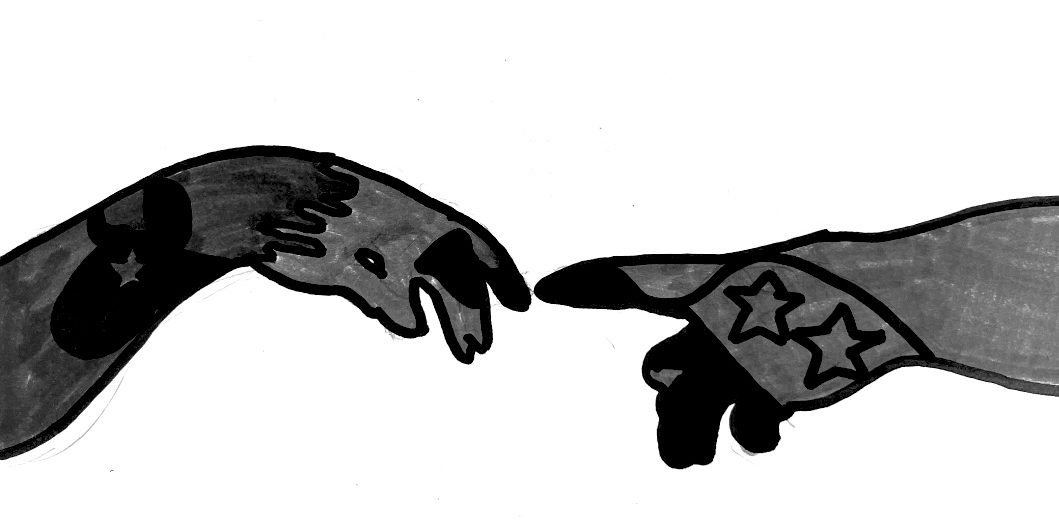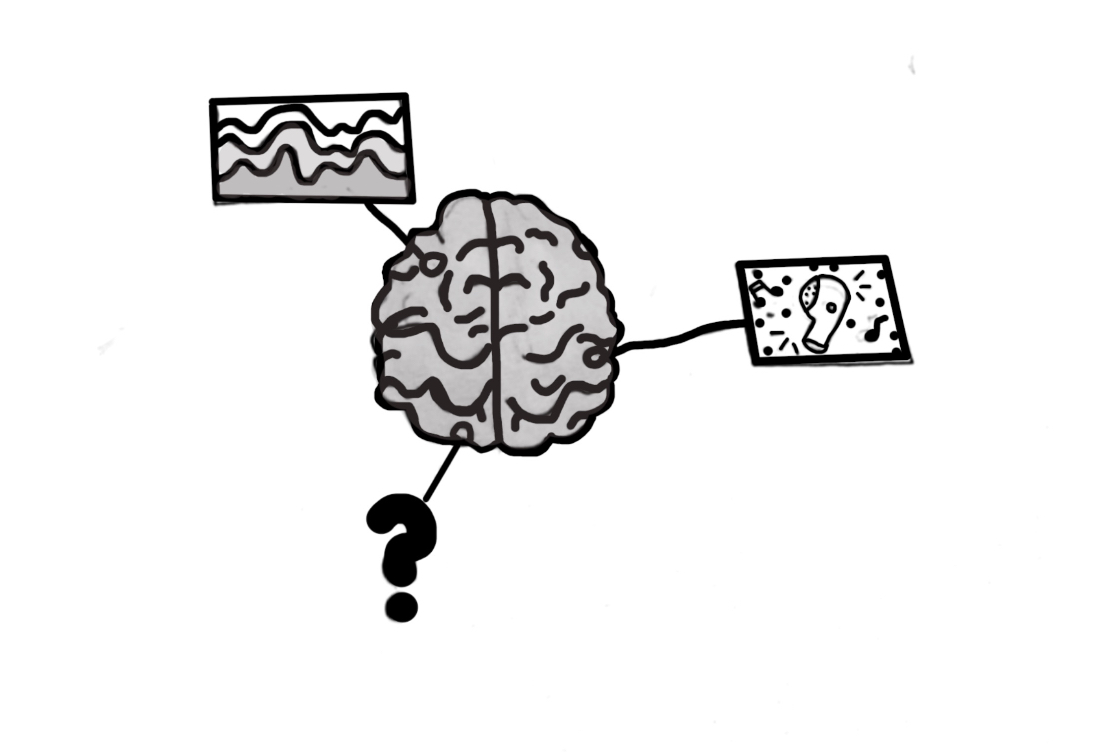
Redwood students are notorious for being “college-obsessed.” In fact, a November 2021 Bark survey reported that 75 percent of Redwood students compare their grades on a regular basis. This percentage does not only show the Redwood community cares deeply about grades, but, more importantly, many students are frequently thinking about college, as grades have a direct impact on college admissions.
From the moment freshmen arrive on the Redwood campus, discussion about college admissions begins. Students overload themselves with rigorous classes, standardized test preparation and extracurricular activities in an effort to impress colleges. One of the most prominent ways students try to excite admissions officers is by shallowly participating in community service. According to the same November 2021 Bark survey, 33 percent of students volunteer for the sole purpose of getting into college and building their resume.
Community service has a strong reputation of helping students get into prestigious colleges and make a name for themselves as leaders. In fact, the majority of climate justice activists I know have been accepted to esteemed institutions including Harvard, Yale and Stanford. However, our generation has reached a point where acceptance to a selective university overshadows the principle reason for community service: to help others. Therefore, many people who have the wrong intentions for doing community service do not actually exhibit the leadership qualities that they claim to have. This is problematic because our community is not prioritizing helping others and is fostering a toxic culture surrounding activism.
My involvement in activism first began when my sixth grade science class spent a month analyzing the climate crisis and the impacts that rising carbon emissions have on our society. In this class, I discovered my passion for climate activism and made a vow that I would not stop fighting until I saw an end to climate change. Since then, I have started my own non-profit organization, Climate NOW, which works to educate young adults about climate change and empower them to take local action.
At Redwood, I have heard students talk about utilizing activism to “cheat the system” and have been asked by students to verify community service hours for my organization that were in no way completed. Additionally, I found suspicion in the amount of students who were starting non-profits but could not answer questions about how a non-profit organization functions. I would ask these students questions about government funding or how they measure their impact, and the majority could not provide me with an answer. Likewise, I found disappointment in the number of community service clubs whose meetings I would attend where we would just sit around and do nothing.
Recently it has occurred to me that I am not the only one who questions the intentions of Redwood students’ activism. Many of my peers have questioned my own intentions when it comes to my social advocacy. Just this year, a classmate came up to me and said, “What you are doing is so smart. You will be able to get into any college you want.” I cannot count the amount of times I have been told a variation of this statement. The minute someone uncovers my achievements they immediately respond with something about my likelihood of attending a prestigious university. What does this say about our community if we immediately associate activism with self-advancement?
Since many Redwood students partake in community service, even if it is for egotistical purposes, it is arguably good that more people are motivated to participate in activism. Overall, it is still beneficial to have more teenagers involved in community service projects. Emily Dyson is the evidence and strategy manager for the #iwill campaign, a UK organization which aims to drive youth participation in volunteering. According to Dyson, when students volunteer from a young age, regardless of their motivations for volunteering, they are more likely to get involved in community service work during adulthood. However, it is undeniable that students who are passionate for the right reasons will have a larger probability of taking action as an adult.
Of the students who are engaging in community service for the wrong reasons, many might believe that their motivations do not matter as long as they are helping the community. But from my personal experience, if someone is involved in activism for self-centered motivations, then the work they are doing will be driven by these ideals and, oftentimes, be less impactful on the community they are serving. For example, if someone is trying to appeal to college admissions officers, then they might decide to start their own community organization or club instead of getting involved in a reputable volunteer program. Within their own organization, the student can choose to focus their time on planning activities, such as fundraisers and beach cleanups, that might appear to be beneficial, but in the end, the organization is truly just a facade — and how can a facade truly make an impact on the community?
It is important to shift the dialogue surrounding activism and reevaluate the motivations one might have for participating in a community service project. After all, we do not have time to waste concerning ourselves with our chances of getting into college when the very world we know is changing due to climate change, COVID-19 and other issues.







